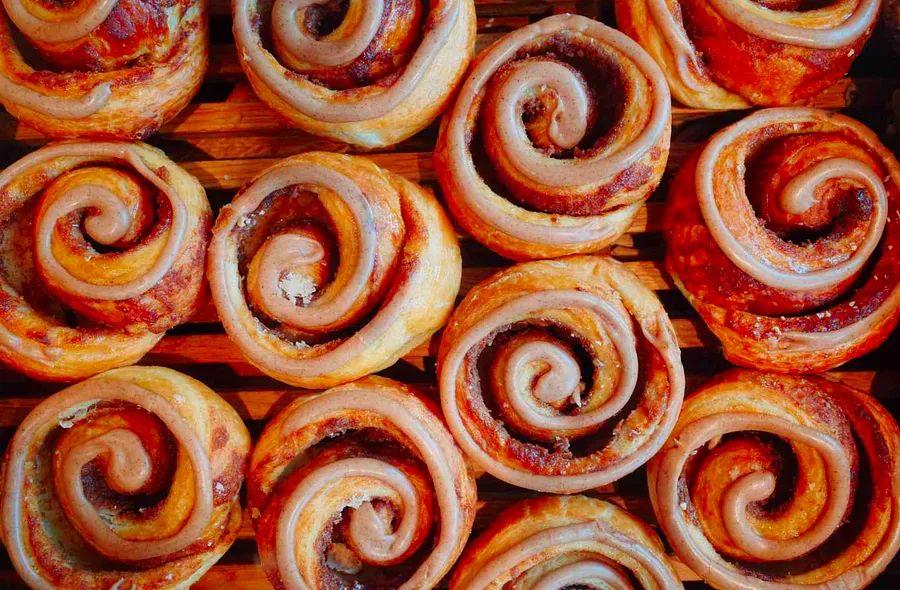7 Foods to Avoid if You Want to Lower Your Cholesterol

Cholesterol is a fatty substance essential for building cells. Your liver produces all the cholesterol you need, and any excess comes from the animal-based foods you eat. 'Plant-based foods, including oils, are naturally cholesterol-free,' says Lauren Harris-Pincus, MS, RDN, founder of NutritionStarringYou.com and author of The Protein-Packed Breakfast Club. 'So that corn oil bottle with the heart symbol claiming to be cholesterol-free is not special—it never had cholesterol to begin with.'
Cholesterol often gets a bad rap when it comes to heart health, and rightly so. Elevated cholesterol levels in the blood can raise the risk of heart disease and other health issues. However, some cholesterol is necessary for our bodies, it’s just important to manage how much we consume.
Although it might seem like foods containing cholesterol would elevate your blood cholesterol, that's not exactly how it works. 'In fact, the 2015-2020 Dietary Guidelines for Americans removed cholesterol restrictions from their recommendations,' says Harris-Pincus. 'It's the foods high in saturated and trans fats that prompt your liver to produce more cholesterol, which often raises blood cholesterol levels.'
Having too much of the harmful cholesterol (LDL) and not enough of the beneficial kind (HDL) can lead to plaque buildup in your arteries. Over time, this can cause blockages in the heart and brain, raising the risk for heart disease and stroke, according to Harris-Pincus.
Although dietary cholesterol was once thought to be a major culprit, research shows that it's actually high intakes of saturated and trans fats that have the most significant effect on blood cholesterol levels, says Kelly Jones, MS, RD, CSSD, LDN. Red meat and cheese, for example, are high in saturated fats.
While genetic factors can play a role, most people will see a reduction in cholesterol production from the liver when their dietary cholesterol intake is balanced. However, saturated and trans fats boost the production of lipoproteins, which are the actual markers of cholesterol in the blood, explains Jones.
In short, foods may not directly raise blood cholesterol, but those high in saturated and trans fats stimulate the liver to produce more cholesterol naturally. This means that your diet plays a key role in managing cholesterol levels. Here are a few foods that could be harming your cholesterol health. If you're mindful of your intake, you'll help protect your heart.
1. Butter
Because dairy fat is primarily saturated fat, butter has an even higher concentration of fatty acids. 'Butter should be used sparingly to allow for healthier fats in your diet,' says Jones. Try replacing butter with healthier oils like olive oil or walnut oil for dipping bread, or opt for nut butter on your toast instead of butter and jam.
2. Alfredo Sauce
Planning pasta night? Consider opting for marinara or pesto as your go-to sauces, and reserve creamy options like Alfredo or butter sauce for occasional use. 'Alfredo sauce combines butter and cheese, packing a hefty dose of saturated fat, along with white flour,' explains Jones.
'While Alfredo sauce can be enjoyed occasionally, regular consumption may raise the risk of high blood cholesterol, particularly for those with a genetic predisposition,' she adds. Set limits based on your personal health needs and goals to maintain a balanced diet.
3. Soda
Soda is another major contributor to elevated bad cholesterol levels. 'The link between high added sugar intake and poor heart health is well-established, which is why the American Heart Association advises limiting added sugars to no more than 25 grams per day,' says Jones.
A 12-ounce soda contains nearly 40 grams of sugar. While an occasional soda won’t derail your health, your overall diet has a bigger impact on heart health. 'For those already at risk for high cholesterol, reducing soda and sugary snacks is a smart choice,' says Harris-Pincus.
4. Microwavable Popcorn
Microwave popcorn, especially movie theater style, often contains butter and hydrogenated oils (trans fats in disguise), which provide little nutrition besides extra calories and artery-clogging fats, explains Harris-Pincus. 'Look for a low-fat option or make your own. And skip the liquid butter on movie popcorn—it's already packed with fat from the popping oil.'
5. Fried Chicken
Fried chicken is a double trouble food, with saturated fat from the skin and extra fat absorbed from the breading during frying. 'It’s even worse in restaurants and fast food, where oil is reused multiple times,' says Harris-Pincus. To make it healthier, remove the skin, cook it at home with unsaturated oils like olive or avocado, or try using an air fryer. Oven-baked 'fried' chicken is also a great alternative.
6. Baked Goods
These sweet treats are often made with saturated fats and butter, making them less than ideal for heart health and cholesterol levels. 'Saturated fats help increase the shelf life of products, and many baked goods contain tropical oils like palm oil, which are inexpensive and readily available but can raise your cholesterol,' says Harris-Pincus. Enjoy them in moderation, and consider baking your own treats at home! Try making these incredible blueberry muffins.
7. Coconut Oil
Coconut oil has sparked plenty of debate—some people swear by its health benefits, but the American Heart Association advises caution due to its high saturated fat content. 'Research has shown that it raises both good and bad cholesterol levels,' explains Harris-Pincus. 'Unless you're using it for a specific recipe that requires its distinct flavor, it's better to apply it to your skin than consume it.'
That said, if you do use it in cooking, enjoy it sparingly. Use coconut oil to add flavor to your food (like in baked goods) for a little indulgence, not because you think it’s a health miracle, but because you’re craving that unique nutty taste and texture, Harris-Pincus advises.

1

2

3

4

5
Evaluation :
5/5